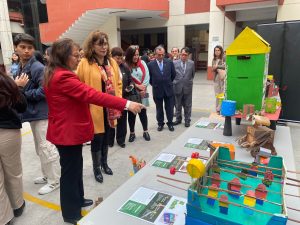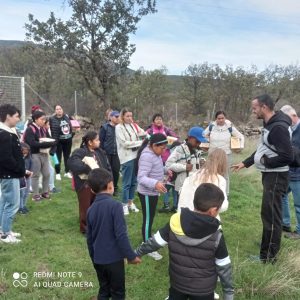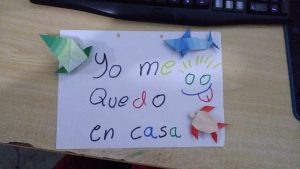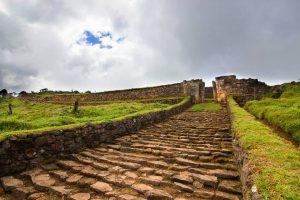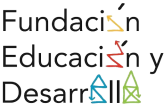
Play, a right of childhood

Share
The relationship between play and human development.
Share
The relationship between play and human development
The role of play in development It is a subject that has interested me since the years in which I did my doctoral thesis with Professor Jerome S. Bruner, In the Univertisty of "Oxford«. And, since those years, I understand the game as a manifestation of the immaturity with which we mammals, in general, and human beings in particular, are born. Our very survival demands dependence on the adult. It is others who have to provide us with warmth, food, protection, affection. With all this assured, the baby can dedicate itself to exploring and playing. And, the more complex the world that we must know, the more complex also the behavior that we must learn. In the case of human beings, psychomotor, linguistic, intellectual and social skills will be highly elaborated.
The game is therefore, «a necessity for all human beings». The immaturity with which we are born requires that an adult take care of us during a very, very long childhood during which play is the natural way of interacting with the world, others and ourselves. For this reason, gambling has been recognized as a right by the ONU and has been ratified by more than a hundred countries.
However, every day it is more evident that many human beings have enormous difficulties in exercising this right. Factors such as the concentration of population in large cities; urban speculation and the progressive disappearance of public spaces; the difficulty of childhood to be able to move autonomously and safely, … they all contribute to a progressive disappearance of traditional games and of the spaces where they could be played.
There are multiple issues of special importance in relation to the exercise of this right to play. For example, the relationship between art, play and education. In several languages, art and play have the same linguistic expression and, in different languages, it is said «play" an instrument. As well “juego” ('play') is synonymous with theater in English. And, several great artists have reaffirmed the link between the joy and joy of children's play, and inspiration and artistic expression.
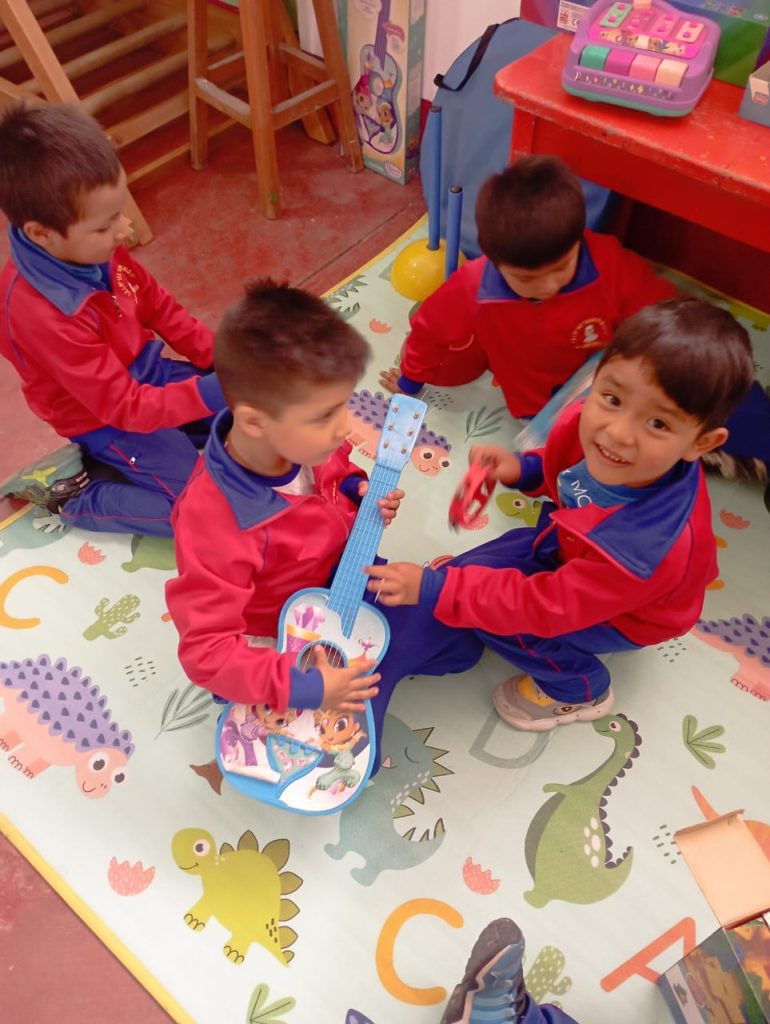
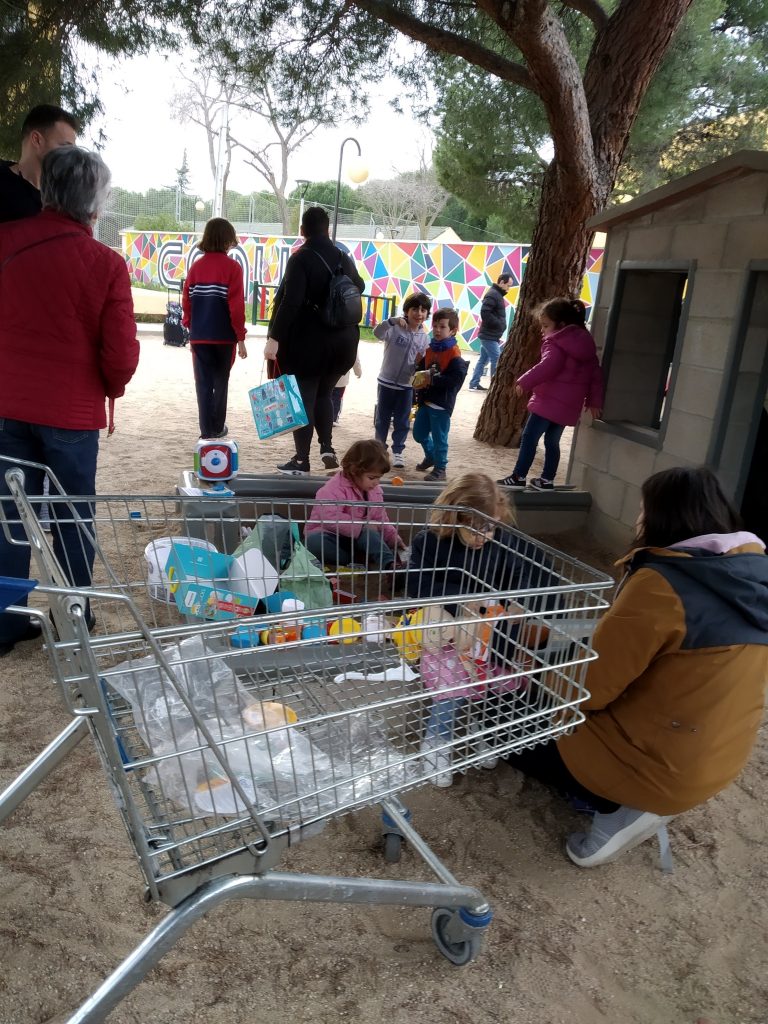
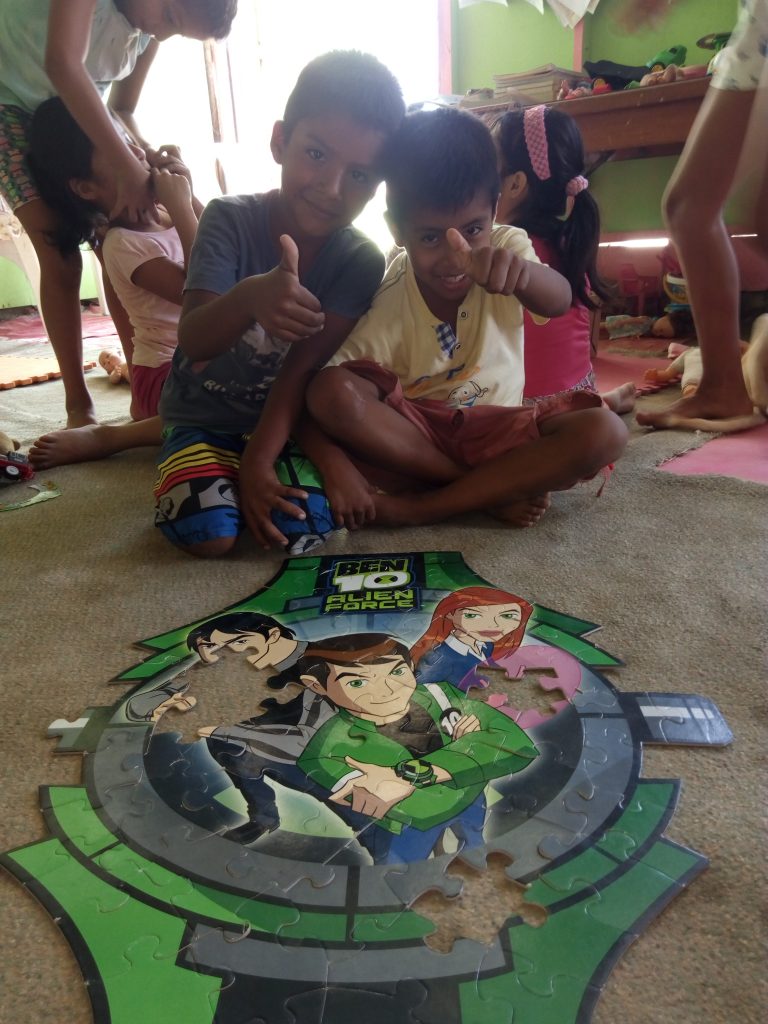
The Process of Education:
It must also adapt to a rapidly changing society. And, the 'game', especially in initial education, has an increasingly greater relevance in education. These relationships between curiosity, play and exploration show why children's learning is so intense when we respect their natural way of relating to the world and to others. Perhaps they also explain why our playful memory is so resistant to forgetting, our memories of childhood when they refer to what, with whom and where we “played”.
We often see traditional games contrasted with new technologies and, very especially, with video games. Indeed, in our technological, post-industrial societies, new forms of games have appeared that are opaque and even threatening for those who have not played them in their childhood. But video games respond to the characteristics of our technological societies as social games and sports previously responded to the needs of industrial societies.
They fostered the cooperation and competition that was needed in the new industrial world. Rural games had an immediate advantage in some physical ability. With the industrial revolution, games became teamwork and, later, sports to be followed by fans. This last characteristic, deeply linked to the process of building new identities, 'allowed' the displaced workers from their towns of origin to the large industrial centers to feel like members of their new cities as “followers” of the local soccer teams. On a larger scale, the same process has served to build national identities.
The new technological games, video games, provide us with skills and social relationships that are equally important and different within post-industrial societies. It is no longer necessary to be physically next to each other to play together, players who are separated by thousands of kilometers, belong to very different cultures and speak different languages can participate. But, while they play, they share and talk about their closest worlds and generate the same type of conflicts and solidarities that are generated in traditional face-to-face games.
In this 'world' that is undergoing very profound and rapid changes, it seems to us that it is important to conserve this intangible heritage that is traditional games. Its recovery and its classification will also allow us to verify how much there is in common between different cultures and their most differential and characteristic features. Along with this, it is also important to understand the recreational preferences of its practitioners based on gender, age and game spaces. It is impossible to assess the depth and speed of the changes that are taking place in this area of childhood without empirical data with which to measure them.
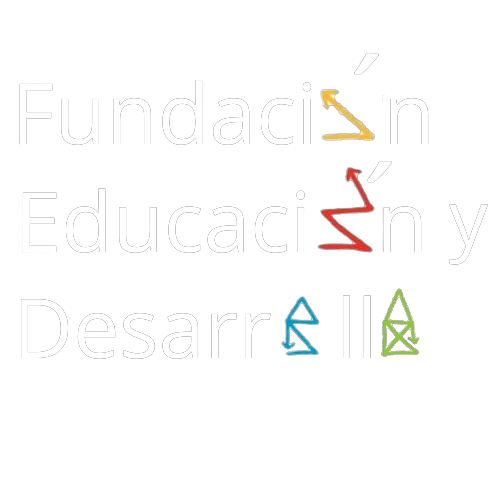
Know us:
It was established in Madrid on February 8, 1994 and registered in the registry of foundations of the Ministry of Education with No. 247 by ministerial order; on April 6 of the same year it was published in the state bulletin.
The last:

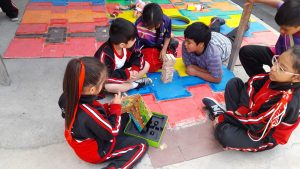
School Playgroups and their impact on coexistence between students
